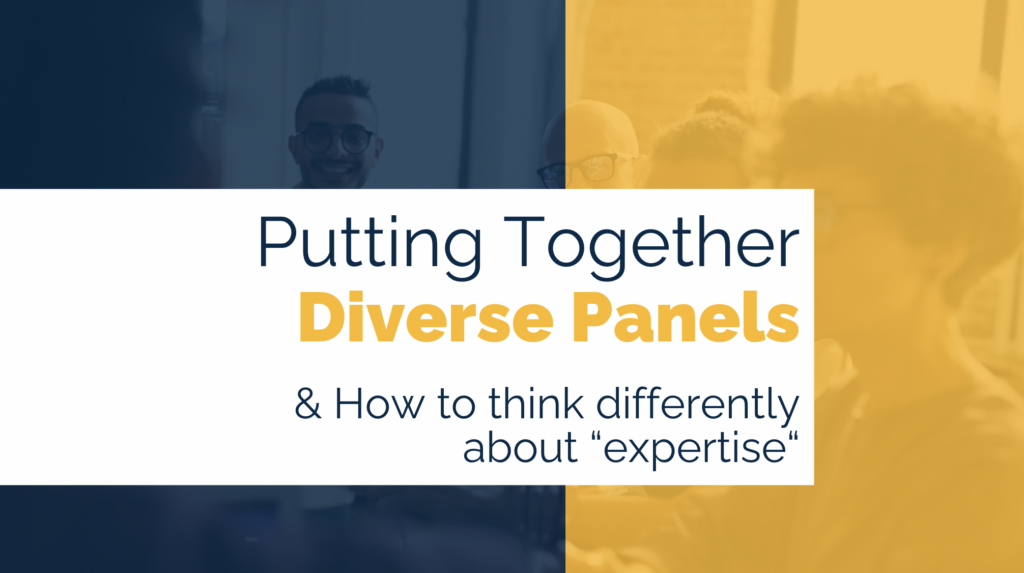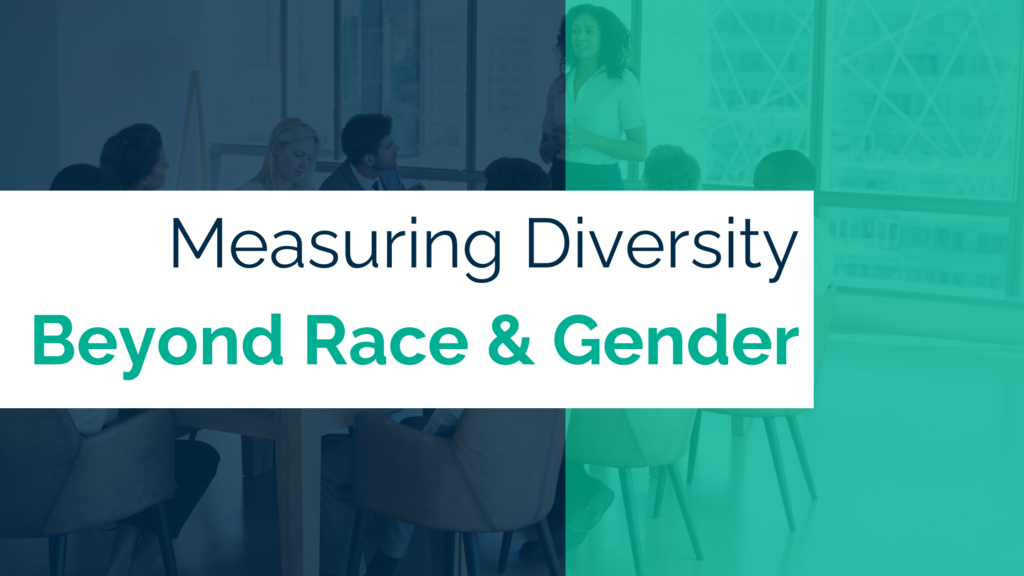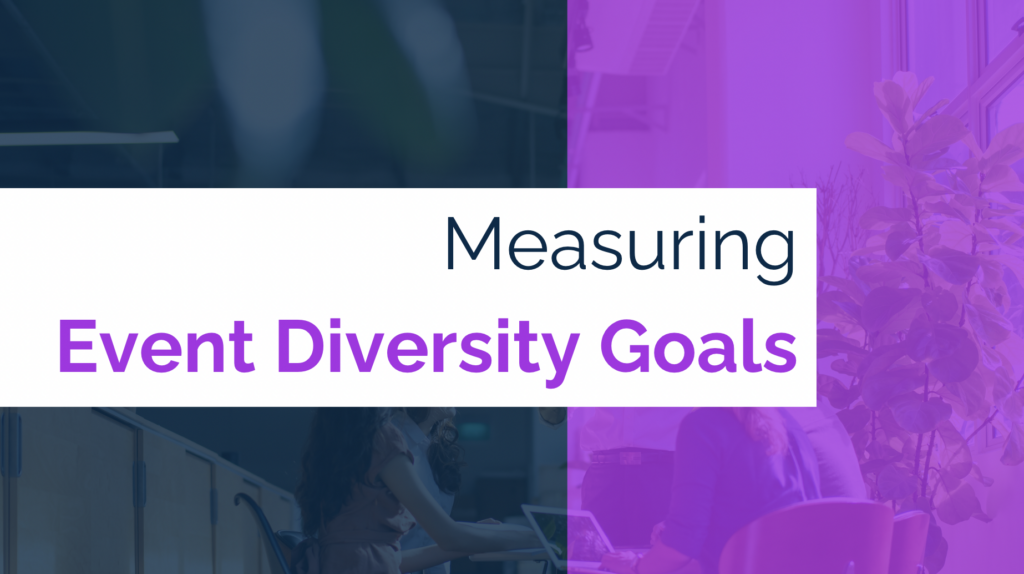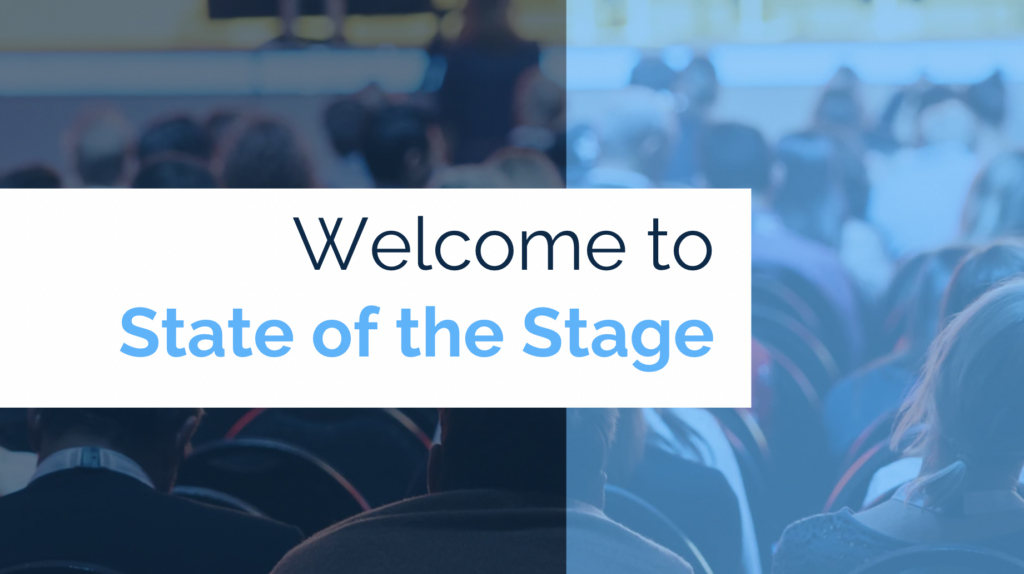State of the Stage
Putting Together Diverse Panels
April 2024
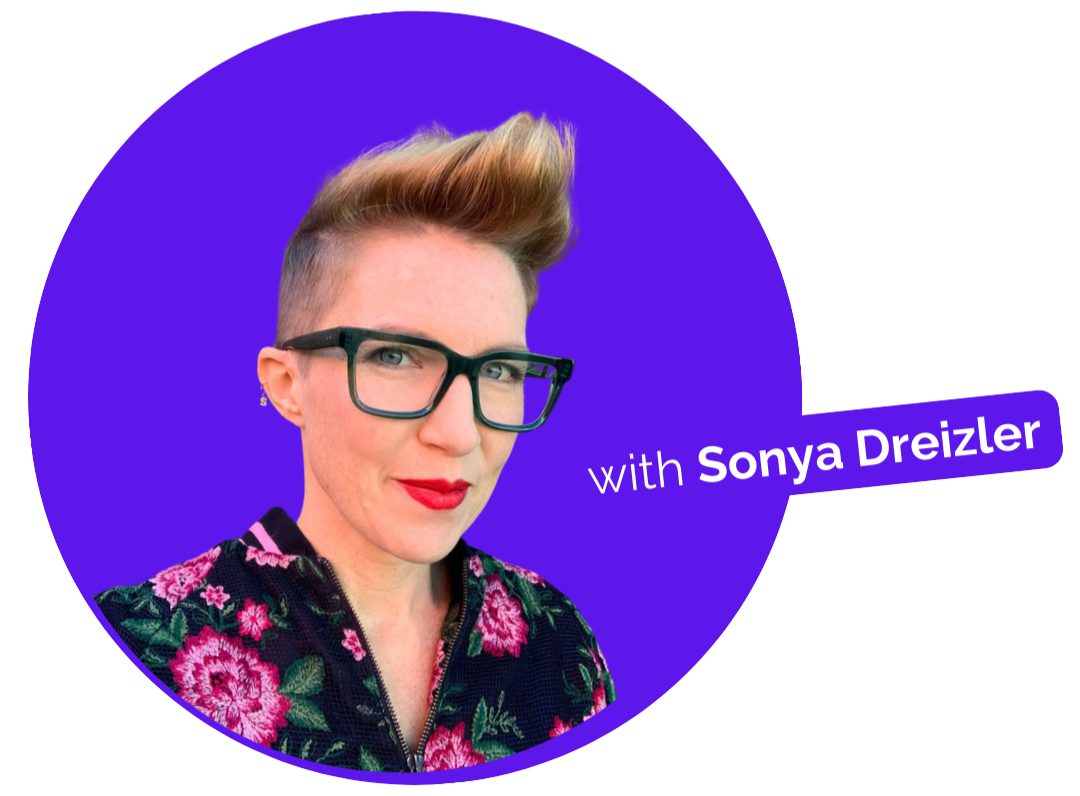
I hear from a lot of conference planners looking for guidance they can share with their agenda committee. Often these committees are made up of volunteers from the industry, or - for company events - they are employees representing a department or a product, In either case, agenda planning is not their primary focus so tips need to work for people with less bandwidth and a narrow focus (one or two panels usually).

Ask Out Loud Question:
How can I help my agenda committee put together panels of diverse speakers? The committee members are volunteers so this isn’t their full time job. Last year we asked for no “manels” but we ended up with several anyway - all for different reasons.
The Short Answer:
Telling the agenda committee members your expectations for diversity is a good start! Starting even earlier in the event planning timeline - ensuring you have a diverse agenda committee will likely make creating a diverse speaker lineup easier. Once your committee is set, ask members to start planning earlier than in prior years, to cast a wider net for speakers - outside of their immediate network, and to keep backup speakers in mind. Because even if you start with good intentions, the audience only sees what goes on the final agenda.

Define the Topic & Direction
Consider potential panelists at the same time as you are deciding on the direction of your session.
- How can you approach your topic in a way that delivers new or unique insight to attendees?
- What kind of perspectives do you want to showcase? An engaging panel should include people with different opinions or approaches, and can be a mix of well known experts, and engaging fresh voices.
- Are you building content to fit panelists you already have in mind? Or are you choosing a topic the audience wants to learn about, and then finding experts to speak on the topic? Both approaches are valid. Each may lead to different outcomes.
- After you’ve selected panelists, ask for their input in shaping the subtopics and questions. The audience benefits from the collective breadth of experience, and panelists are likely to enjoy a more collaborative discussion.
Go Beyond Your Network
Think creatively about where to find experts.
In addition to thinking about “who do I know who knows about [topic],” here are ideas for finding people outside of your network:
- Create a public call for speaker applications. Circulate the application to affinity groups (for example, QuadA or Women In ETFs) and partner company ERGs (employee resource groups).
- Ask people in your network for intros to colleagues who can explain complex topics simply, or who have expertise in niche areas, who are not necessarily experienced speakers but who are engaging and would add valuable perspective to the conversation.
- Look at who has spoken on the topic at other events, in the media, or on podcasts.
- Search LinkedIn by topic to see if there are people you don’t (yet) know actively sharing their expertise on the topic.
- Use diverse speaker databases (hint, hint)
- Ask ERGs and professional affinity groups for suggestions and introductions.
Think Broadly About Expertise
Rethink preconceptions about who can be a speaker, and which perspectives are valuable.
Have you considered all relevant experts and thought leaders who could add depth to the conversation?
Examples:
- Does your panel showcase a software tool? Potential panelists could include: software designer, trainer, end users, outside tech consultants.
- Is your panel about a type of investment? Potential panelists could include: portfolio managers, economists, analysts, financial advisors.
Evaluate how you determine speaker experience. Is it the number of previous speaking roles? The speaker's job title? The amount of assets they manage? The amount of revenue they are responsible for? Whether or not they are represented by a speaker agency?
For many topics, these traditional "expertise" factors may not be relevant to whether a panelist can engage attendees and share valuable topic knowledge. Additionally, relying strictly on these common factors may lead you to overlook talented women and people of color (and especially women of color). Other ways to assess expertise and speaker presence - have a video chat with them about their area of expertise, check their social media commentary, read their blog, books, and/or articles they’ve written, and watch their YouTube, TikTok or Instagram videos.
Plan Early
Give yourself enough time.
Finding new-to-you voices takes longer than just calling people you know to be on your panel. The outcome is worth the extra effort, so be sure to start early. What does early mean? Either a few weeks before you typically get started or as soon as you get your topic/ panel “assignment.”
Expect Changes
Have a backup plan.
One of the common challenges we see happens with a panel getting less diverse after the lineup is finalized. A last minute schedule change for one of the panelists prompts a last minute new panelist search, and with very little time to reach out to experts, the person in charge of the panel leans on their network- calling up a friend or colleague they know can sub in at the last minute.
This is best illustrated with an example:
Let’s say that the panel organizer, Steve, is a white man with a professional network that is overwhelmingly white, and majority men. (This is a very common situation. Networks in the US tend to be very homogenous. Two-thirds of white Americans list only other white people in their friendship networks.) Steve wants to make sure he doesn’t have a manel (all man panel) so he makes an effort to include a woman panelist, along with the other three men panelists. The panel does their prep call and the agenda is all set. But, three weeks before the conference, the woman panelist takes a new job and can no longer attend the event. With less time available to find another panelist, Steve sends an email to some friends to see if any of them want to fill in. He finds someone, and is relieved to have a full panel of 4 again. But that last minute addition was another man, so alas, it still ends up being a manel.
Here’s where we often hear, “But, what could he do? It was a last minute change and he didn't have any control over the person dropping out of the panel.”
The second part is true. We can’t control other people, and occasionally, panelists will have to drop out of a panel they committed to.
Let’s answer the question- “But what could he do?”
- Don’t let the diversity of the panel ride on one person. Counting on one expert from an underrepresented group to create “diversity” gives you very little room for error. And, as an aside, including a person just to fill a diversity expectation - often called “tokenism” - is insulting to the person who is the “token” expert. Broaden your network so you know a wider range of people, and tap into the resources suggested above, so that your panel has more than one person who isn’t a white man.
- As you consider potential panelists, and then narrow your final choices, keep back-up panelists in mind so you have a list of people to contact if last minute changes come up.
Ask For Help
Still struggling to find diverse voices and new-to-you experts for your panel? Feel free to drop me a line about the event you’re working on and the panel topic, and I’ll see if we can help.

